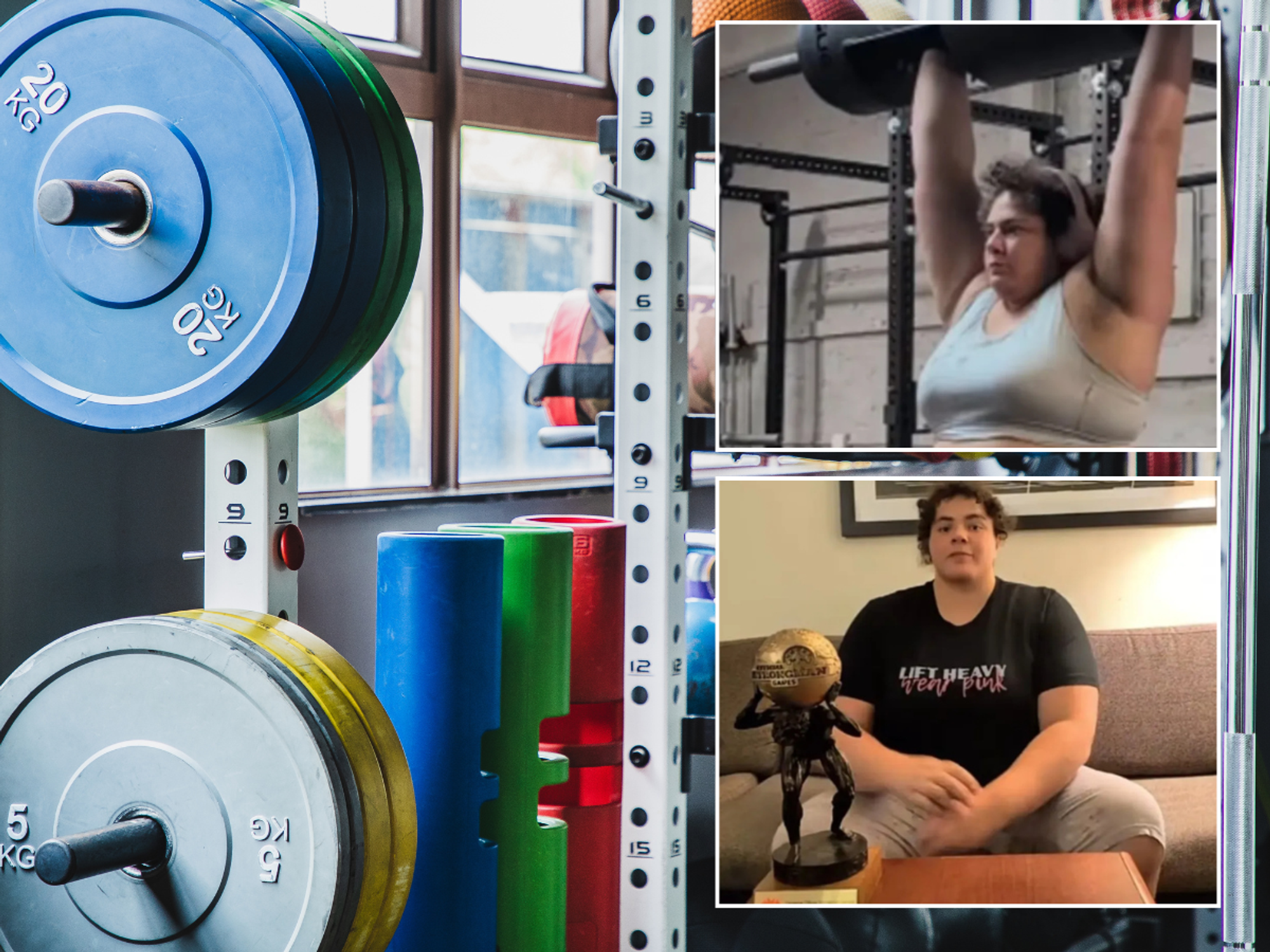'I lost 6st 5lbs last year - but there's one mistake I regret making before the weight fell off'
Gym machines often produce inaccurate results when it comes to the number of 'calories burned', according to a fitness enthusiast
Don't Miss
Most Read
A calorie deficit is when you burn more energy than you consume and, over time, this can amount to considerable weight loss.
As a result, those with similar goals in mind often decide to incorporate such a deficit into their daily life, the size of which is largely dependent on individual diet and activity levels.
Sarah, who has documented her weight loss journey online with followers, has shared what she has dubbed her “biggest regret”, urging others to learn from her mistake.
**ARE YOU READING THIS ON OUR APP? DOWNLOAD NOW FOR THE BEST GB NEWS EXPERIENCE**

Sarah lost 6st 5lbs last year
|@SARAHLOSTWEIGHT/TIKTOK
While using cardio machines, such as a stair machine or elliptical, she would jot down the number of calories the machine claimed she had burned.
Then, Sarah (@sarahlostweight) would add that into her deficit that she had calculated from a total daily energy expenditure (TDEE) calculator.
This calculator is often deployed to set a target to assist those keen on losing weight, taking consideration calories as well as daily exercise levels.
LATEST WEIGHT LOSS TIPS
However, she explained: “Here’s the problem. Those machines are usually wrong and when you use a TDEE calculator your activity is already built into the number it gives you.
“You don’t need to add back calories when you work out.”
She explained that she still noticed results while making this mistake. However, when she stopped adding back burned calories the weight fell off “more efficiently”.

Everybody's metabolic rate is unique
|GETTY
TDEE Calculator admitted that even when activity levels are honestly and accurately assessed and documented, the estimates are deemed accurate to within around 10 per cent.
Still, they can often be imperfect as, according to the calculator, most overestimate how much they exercise.
“You should use the TDEE calculator as a reasonable estimate to start with, and adjust your calories up or down based on your weight change over time,” the calculator said.










